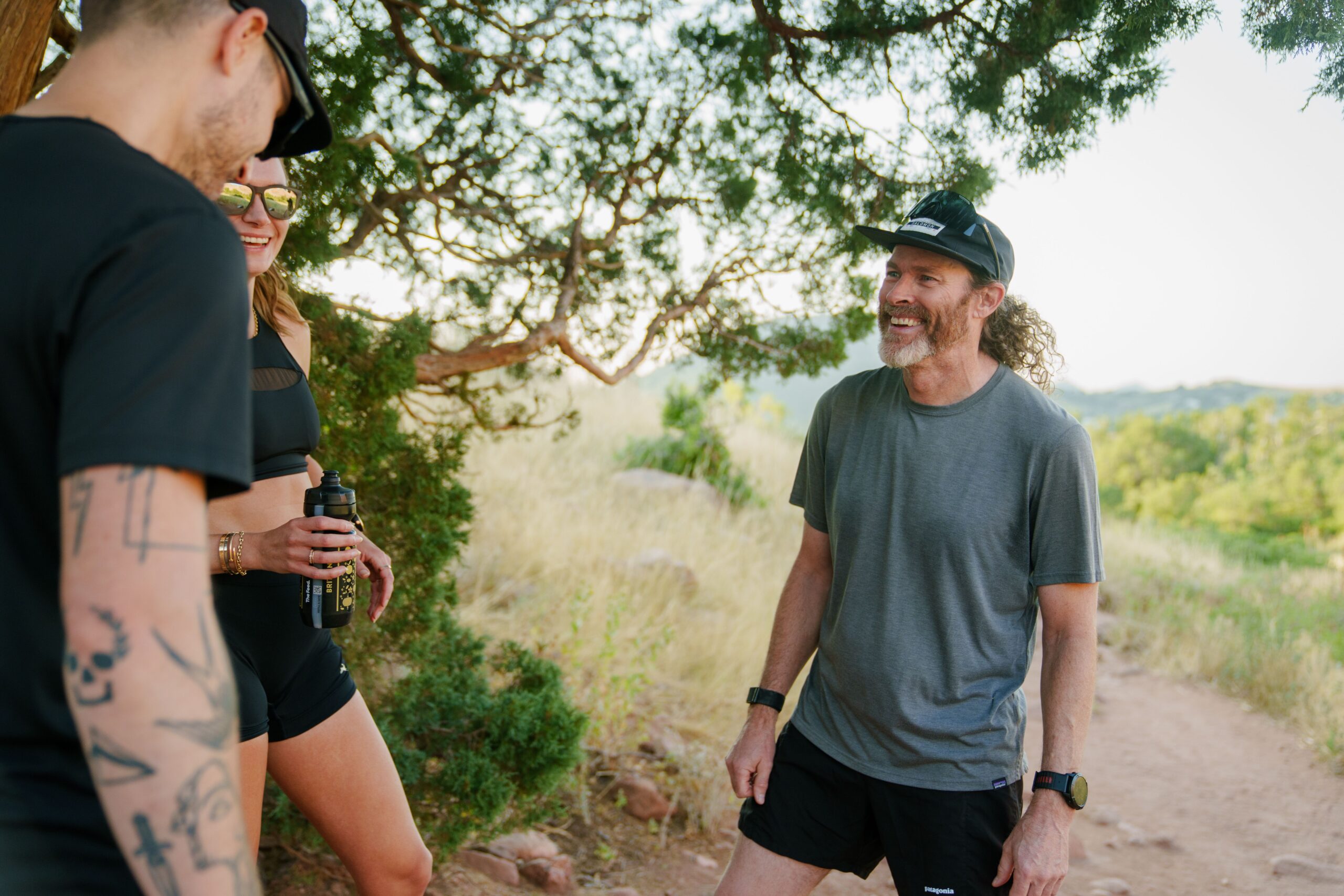Björn Geesman is a German-based sports scientist and coach. He is also the CEO of HYCYS coaching company and co-founder of power & pace. He works with pro triathletes Patrick Lange and Kat Matthews, among other big names in endurance sports.
In this episode, Dirk and Björn dive into everything from wind tunnel testing tunnels and bike selection based on data to his potentially controversial approach to the “long run” to the importance of sports psychology.
He also explains how the science and data learnings from pros can relate to athletes competing in age group races and events. Yet, reminding us all that it’s essential not to get lost in excessive analysis but to focus on impactful training.
Standout Quotes
“And the first thing I learned in that mental coaching degree was not about tools I could use for athletes, but, honestly, I learned a lot about myself and about personalities and why you’re thinking in that way in this situation and why you’re acting like this, and why this annoys you, and why you love to do this, and how this motivates you, and everything like that.”
“Forget about brick sessions. The 4th discipline [of triathlon] is doing athletic (strength) training, mobility, going to the physio, you name it. For my athletes, it’s mandatory to visit a physio. So, I would never ever coach an athlete who says that he doesn’t need to go to the physio because that will mean he does not understand the importance of caring for his body besides swimming, biking, and running.”
“I hand them over to a colleague of mine who is mainly running our wind tunnel, and he’s the one doing the bike fittings with them because he’s doing it every day. He’s doing it. He’s, I think, the best aerodynamic fitter in the world.”
Recognizing the need for other Experts in Sports Coaching
“The long run discussion is all about, again, about risk and reward. I mean, sure, you can run for, like, 3 hours or something or 2 and a half, but I don’t see the sense in this, let’s say, an extra hour for one single run because I don’t see the huge reward I can gain physiologically in comparison to the risk I go because running two and one-half hours is massive when we take a look on your tendons — when we take a look on your, also maybe energy balance, your muscle density, and everything. And honestly, I’ve never done that.”
“…from my perspective, this is what I also learned personally, is that having a coach by your side can be really, really helpful. And it doesn’t need to be a sports scientist. It doesn’t need to be a psychologist. It can also be a good friend, a partner, whatsoever, but I think it totally makes sense at some point to have some interaction and discussions about what you’re doing. You need someone. Definitely, you need someone that sometimes helps you to motivate you. You definitely need someone to help you if it’s not really going well, for example.”




